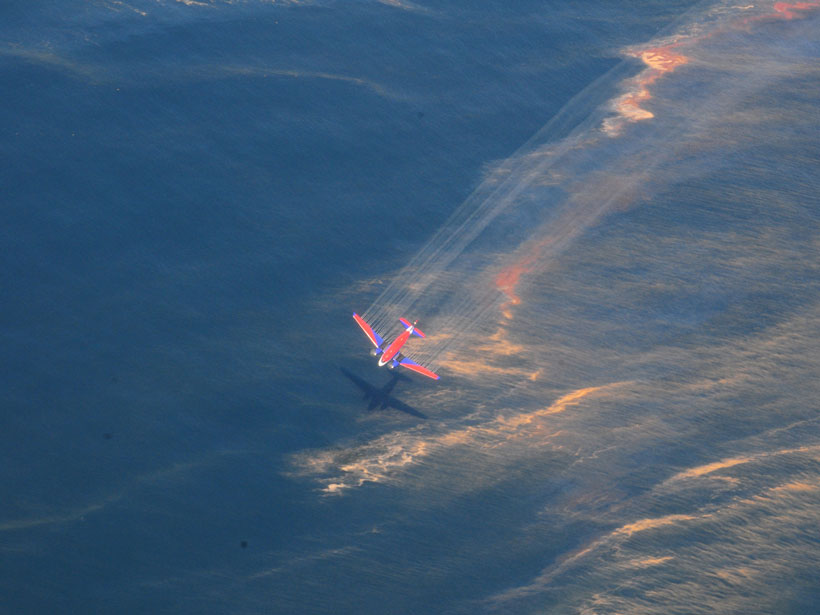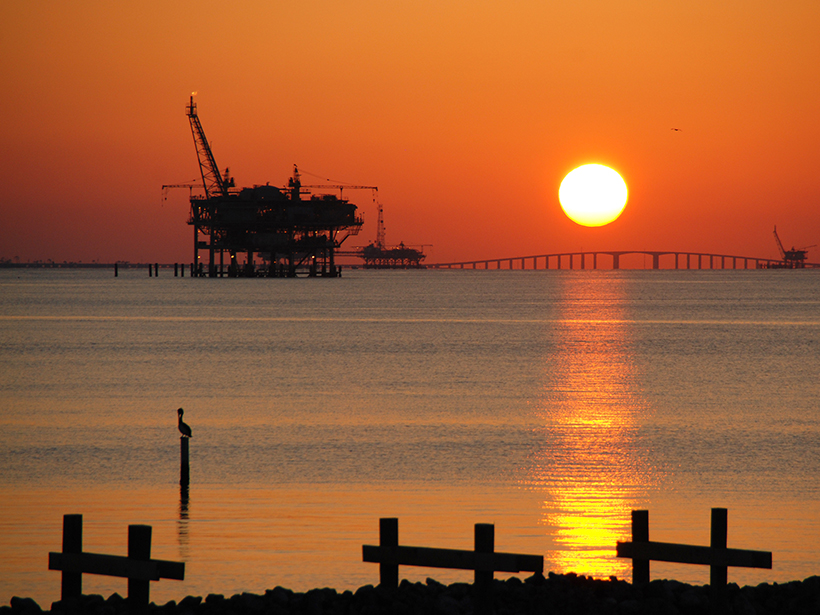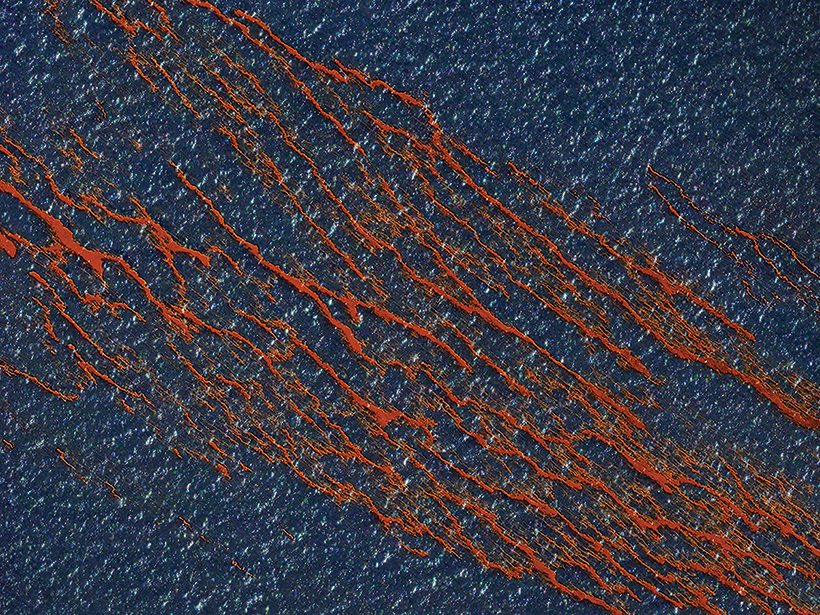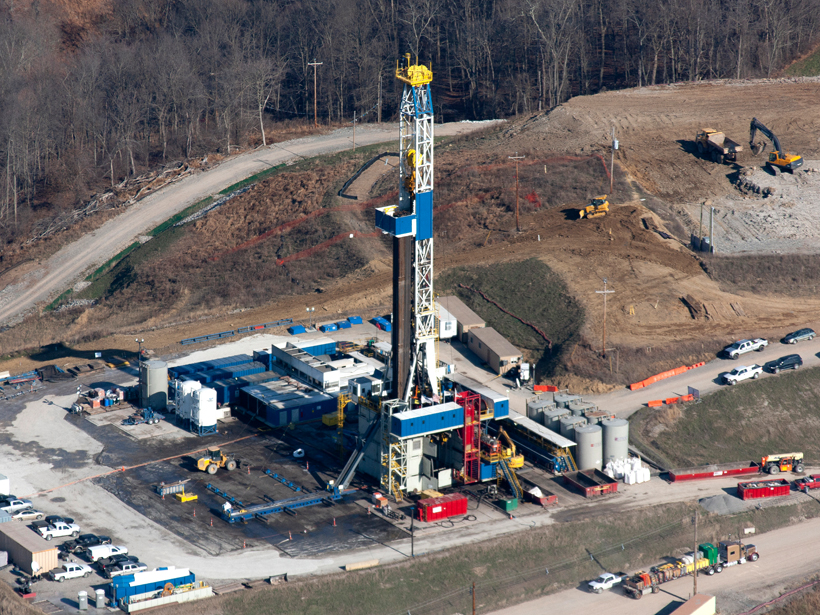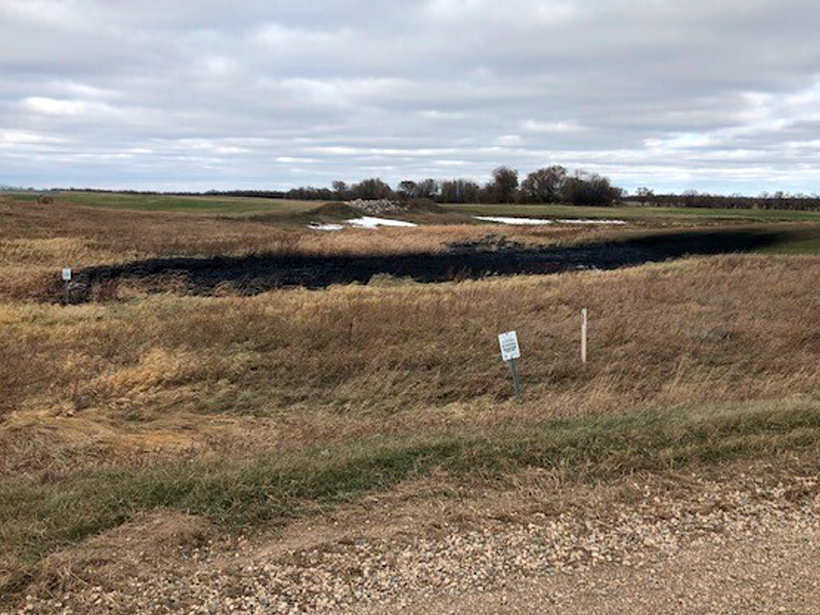A decade of research since the Deepwater Horizon disaster has revealed how sunlight—its importance long understated in oil spill science—substantially alters petroleum floating at the sea surface.
oil & gas
Thirty Years, $500 Million, and a Scientific Mission in the Gulf
Gulf Research Program executive director Lauren Alexander Augustine discusses the impact science can have on communities when given money and time.
Leveraging Satellite Sensors for Oil Spill Detection
By using multiple remote sensors, scientists can quickly estimate the nature and thickness of oil spills—important factors for containment efforts.
Deepwater Horizon and the Rise of the Omics
Microbial genomics techniques came of age following the Deepwater Horizon spill, offering researchers unparalleled insights into how ecosystems respond to such environmental disasters.
Modeling Under Pressure
At a critical moment in the effort to end one of the world’s worst oil spills, one scientist holed up in his office and pulled an all-nighter to calculate the well’s aquifer support.
The Ecological Costs of Removing California’s Offshore Oil Rigs
Offshore oil- and gas-drilling platforms are rich habitats for fish, and removing them completely would result in a loss of over 95% of fish biomass, new research has revealed.
How Death and Disaster Followed the Shale Gas Boom in Appalachia
In the past decade, fracking has contributed to the deaths of more than a thousand people and the emission of more than a thousand tons of carbon dioxide in the Appalachian Basin.
Where Do Natural Gas Hydrates Come from and Why Should We Care?
A new generation of models, laboratory, and field studies is helping scientists answer important questions about this mysterious substance.
Fugitive Gas Abetted by Barometric Pressure
Barometric pressure, in addition to factors such as lithology and the depth of the water table, can influence patterns of natural gas that escapes to subsurface soils.
Keystone Pipeline Spills 9,120 Barrels of Oil in Dakota Wetlands
The leak took place along a preexisting section of the Keystone Pipeline. This is the pipeline’s fourth spill in 9 years.

